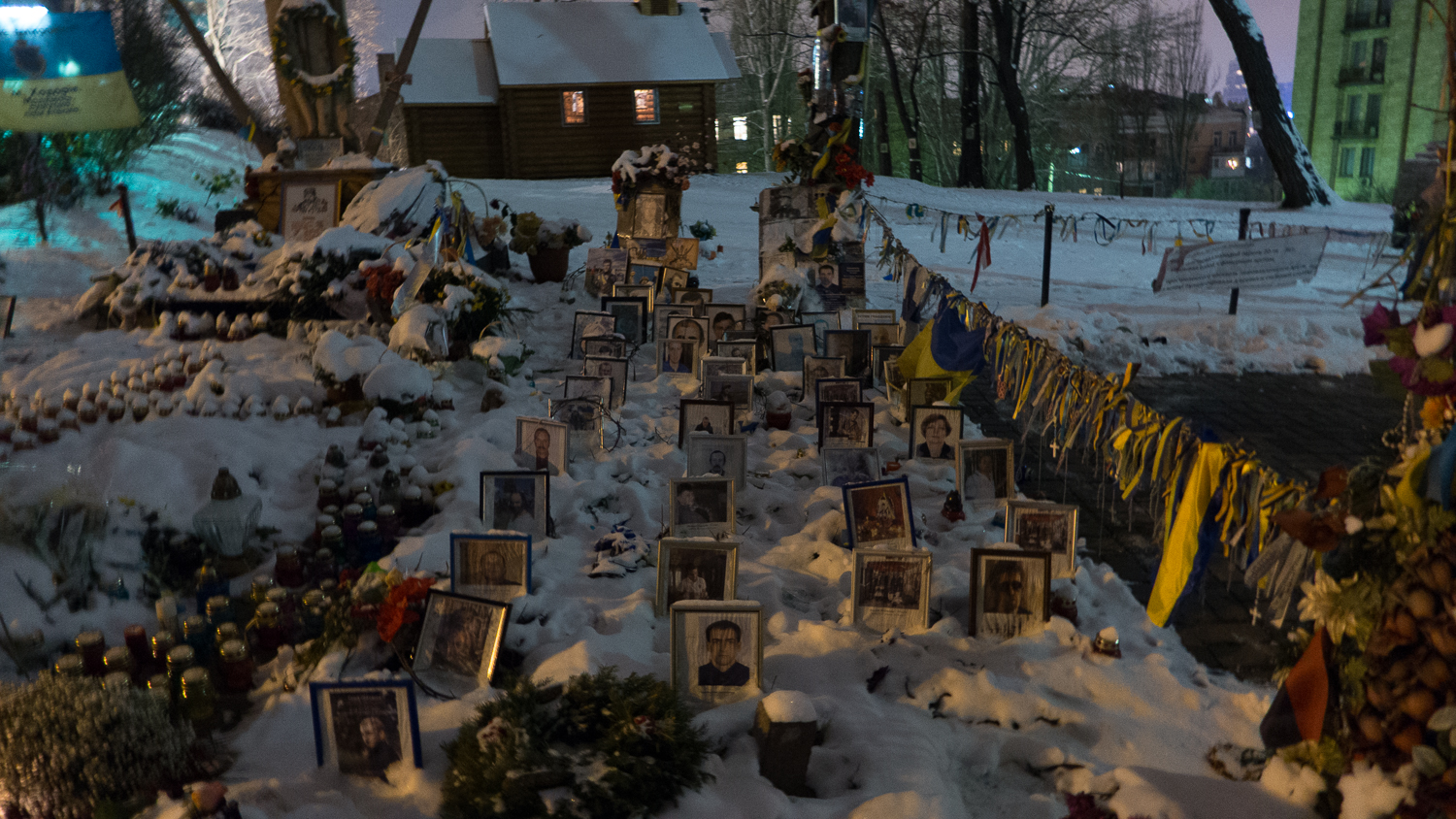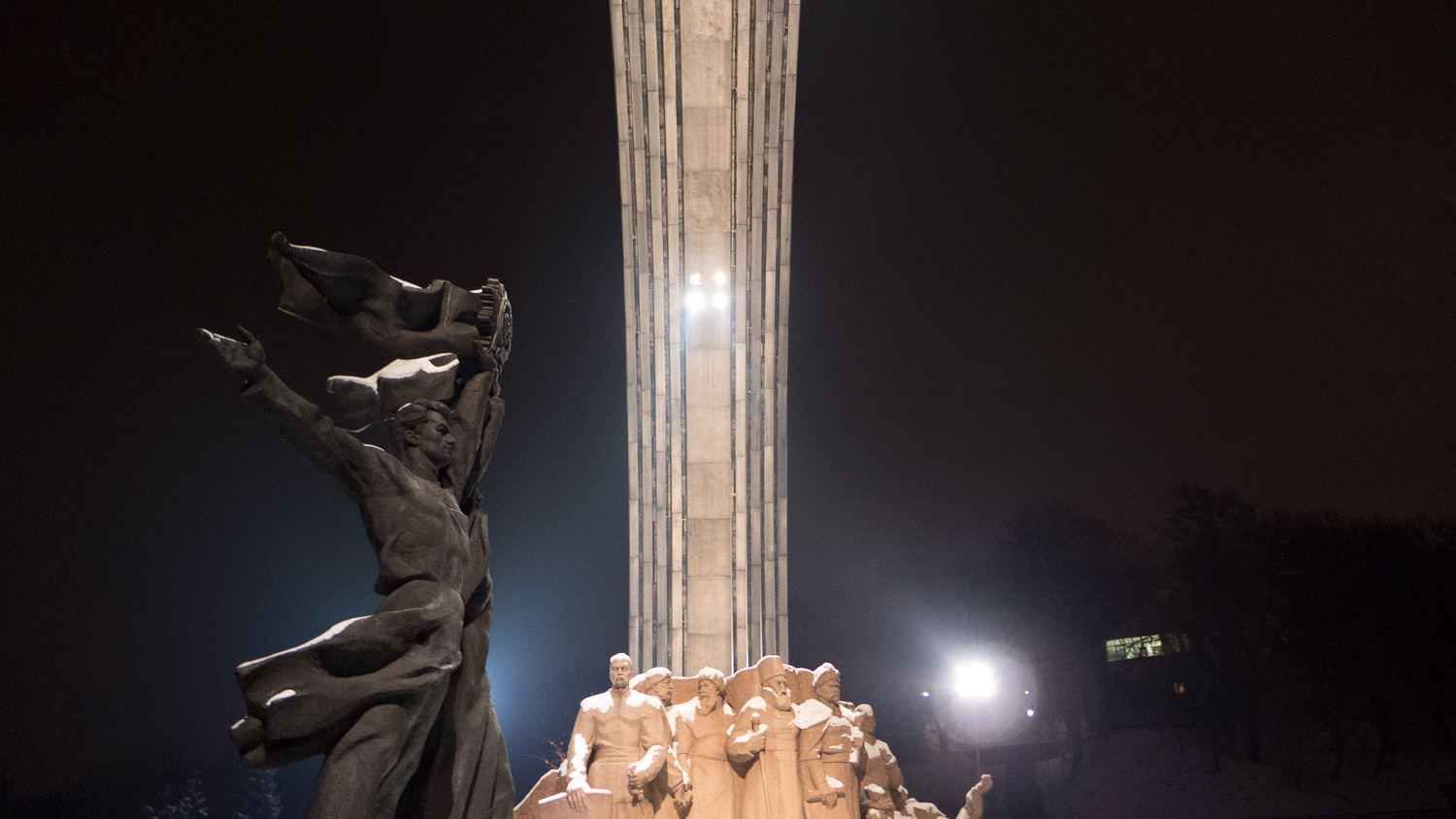Index relies entirely on the support of donors and readers to do its work.
Help us keep amplifying censored voices today.
As so often at the sessions of the United Nations Human Rights Council, some interventions by states go unnoticed.
Under the famous ceiling of room XX created by Miquel Barcel in the Palais des Nations in Geneva, the on-going session of the Council is no different. Some of those unnoticed statements deserve our attention.
One in particular.
On Thursday, 5 March, one of the United Nations’ chief human rights voices, Zeid Ra’ad Al Hussein, presented his first annual report to the council. It is his first since he took up the position of high commissioner for human rights in September 2014. From terrorism, torture and harassment of human rights defenders to the reorganisation of his office, the high commissioner’s report aims at presenting the state of human rights, the major threats against them and how he aims at building up his office to face those realities.
Al Hussein’s mandate, which Norway at the council called “an authoritative voice on human rights, built on […] repeated confirmation of its independence,” is what the Russian Federation in fact wants to silence.
Russia, which is today one of the 47 members of the council, was infuriated at the high commissioner’s statement presenting his report. It is traditional for states mentioned by international human rights mechanisms to accuse such instruments for being politicised and obeying “double standards.”
Russia went a step further by “condemning the high commissioner’s attempts to stigmatise any states for their acts or omissions in the field of human rights, even if they indeed took place.” Russia does not refer to politicisation or to attention the high commissioner would be giving to situations in certain countries only, but instead calls upon the United Nations voice for human rights to stop mentioning any country all together, whatever human rights violation took place in the country. In fact, Russia calls for the high commissioner to be silent.
Such a statement should not remain unnoticed because it sheds light on how Russia sees the international system; not one of standards and principles challenging states but rather one of obedience and muteness serving the states. The challenge Russia is facing with the high commissioner’s report is in fact a reflection of its disrespect for international law, be it in the way it has led suppression of civil society at home or its military activities in Ukraine, including the annexation of Crimea.
Because we must applaud those who stand firm for rights, we must also make sure that declarations by states who aim at silencing them do not go unnoticed. This one in particular.
This guest post was published on 10 March 2015 at indexoncensorship.org
Soldiers’ Mothers of Russia is an NGO network dedicated to improving transparency and exposing human rights abuses in the Russian military. It aims to provide soldiers’ families with reliable information, which the notoriously secretive Russian military has kept private. It also provides legal advice for Russian soldiers and their families, and to conscientious objectors.
“The organisation operates from general principles of human rights and the rule of law. We are in favour of contract service for the Russian armed forces whereby men are recruited on the basis of their intellectual, physical and spiritual readiness. We speak out against forced conscription and believe a transition to a professional army would significantly improve human rights and relations between the military and civilians,” Ella Polyakova from Soldiers’ Mothers St. Petersburg branch told Index on Censorship via email.
The Soldiers’ Mothers groups were established in 1989, in the last days of the Soviet Union. One of their first responsibilities was to personally negotiate for political prisoners left behind by the Russian army in former socialist republics. The group also calls attention to brutal “dedovshchina” or hazing tactics used on junior soldiers, ranging from beatings and sexual abuse to torture and enslavement. Because the abuse is perpetrated by senior officers, it often cannot be officially reported, leading to distorted figures. For example, in 2010 the committee reported 2,000 deaths from hazing, while Russia’s Defence Ministry declared only 14.
Vladimir Putin has insistently denied that Russian forces have had any involvement with Ukraine’s civil war, in which pro-Russian separatists have been fighting government forces since April 2014. Officially, any Russian soldiers fighting in Ukraine are volunteering, not acting on behalf of the Kremlin – in December 2014 Putin described such men as answering “a call of the heart”.
The secrecy surrounding the disappearances of soldiers has mirrored past operations by the Russian military. During conflicts in Afghanistan and Chechnya in the 1980s and 1990s, the Russian army only landed planes carrying soldiers’ bodies at night, to cover up escalating casualty figures.
From August 2014, Soldiers’ Mothers members began revealing that their investigations had found that many wounded or killed Russian soldiers had been fighting in Ukraine. Head of the committee Valentina Melnikova announced that her research showed that between 10,000-15,000 Russian troops had been sent over the border in August. Her information was derived from mothers and wives of servicemen who were sent on military exercises close to the Ukraine border, and who subsequently stopped communicating with their families.
There has been a systematic silencing and smearing of committee members who have reported on Ukraine deaths. Lyudmila Bogatenkova, head of the Budennovsk branch of Soldiers’ Mothers, was arrested and charged with a four-year-old fraud conviction, after she announced that 11 Russian soldiers were killed fighting in Ukraine. After her release she had to be treated in hospital.
Polyakova demanded a government investigation after receiving information about 100 Russian soldiers allegedly killed and 300 wounded in Ukraine. Soon after, her branch was labelled a “foreign agent” by the government – even though the committee of Soldiers’ Mothers no longer receives foreign funding, one of the prerequisites of the classification. Her committee faces serious problems as a result, including being subjected to complex reporting requirements, and additional inspections and controls.
“To make matters worse, after the organisation was put on the register, a film crew from a state television channel burst into our offices and blackened us with dishonest coverage of our work,” Polyakova told Index. “Later that night, someone smashed the windows of our director Olga Alexeeva’s car. Human rights activists linked to Soldiers’ Mothers received many threats and insults by text message and email.”
But despite the pressures they face, they intend to continue their work, and also set up “a human rights information and analysis agency” to increase contact with other NGOs and the media.
“We are glad that we are able work effectively to defend human rights and to take part in positive changes in the lives of our citizens,” the group said of their Index award nomination. “It is nice to know that this work is valued by our colleagues.”
With additional reporting by Will Haydon
This article was posted on Thursday March 5 2015 at indexoncensorship.org

A makeshift shrine remembers the Ukrainians killed during protests on Maidan Nezalezhnosti. (Photo: Sean Gallagher / Index on Censorship)
“There is no civil war in Ukraine. It is a war between Russia and Ukraine, and it is inspired by heavy Russian propaganda,” says Volodymyr Parasyuk as we sit in a café on the main square of the regional capital Lviv in western Ukraine.
This year Parasyuk became a national hero in his country. Some say he changed history when he made a passionate speech on Maidan Nezalezhnosti in Kiev on 21 February 2014, after the police killed about 100 protesters. Parasyuk, head of a sotnia, a unit of 100 men, and part of the protesters’ defence force, demanded President Yanukovich resign and said otherwise protesters would launch an armed attack. The next day the head of state fled the country, and there was a new government formed in Ukraine.
Parasyuk knows what he is saying about war. He joined a voluntary battalion of Ukrainian forces and fought separatists in the east of his country during the summer and autumn. He was wounded and spent a couple of days in detention, but managed to escape.
“This is direct aggression by the Kremlin against my country. This war is completely directed from Russia. We do not have internal reasons to fight each other, the conflict is provoked by lies and propaganda that come from the east,” says Parasyuk.

Statues near Maidan Nezalezhnosti celebrate the friendship between Russia and the Ukraine. (Photo: Sean Gallagher / Index on Censorship)
To read the full article, subscribe to Index on Censorship magazine or download the app, get 25% off print orders until 31 Dec 2014.
This excerpt was posted on 18 December 2014 at indexoncensorship.org
Religious freedom and religious radicalism which leads to extremism has become an increasingly difficult balancing act in the digital age where presenting religious superiority through fear and “terror” is possible both locally and internationally at internet speeds.
The ongoing series of beheading videos released by the Islamic State and the showcase of kidnapped school girls by Nigeria’s Boko Haram on YouTube are both examples that test the extent to which the UN Convention of Human Rights can protect religious freedoms. According to a report by the International Humanist and Ethical Union, Egypt’s Youth Ministry are targeting young atheists vocal on social media about the dangers of religion. In Saudi Arabia, Raef Badawi was sentenced to seven years in prison in 2013 and received 600 lashes for discussing other versions of Islam, besides Wahhabism, online.
Article 18 of the Convention states that the “right includes freedom to change his religion or belief, and freedom, either alone or in community with others and in public or private to manifest his religion or belief in teaching, practice, worship and observance”. The interpretation of “practice” is a grey area – especially when the idea of violence as a form of punishment can be understood differently across various cultures. Is it right to criticise societies operating under Sharia law that include amputation as punishment, ‘hadd’ offences that include theft, and stoning for committing adultery?
Religious extremism should not only be questioned under the categories of violence or social unrest. Earlier this month, religious preservation in India has led to the banning of a Bollywood film scene deemed ‘un-Islamic’ in values. The actress in question was from Pakistan, and sentenced to 26 years in prison for acting out a marriage scene depicting the Prophet Muhammad’s daughter. In Russia, the state has banned the publication of Jehovah’s Witness material as the views are considered extremist.
In an environment where religious freedom is tested under different laws and cultures, where do you draw the line on international grounds to foster positive forms of belief?
This article was posted on 15 December 2014 at indexoncensorship.org